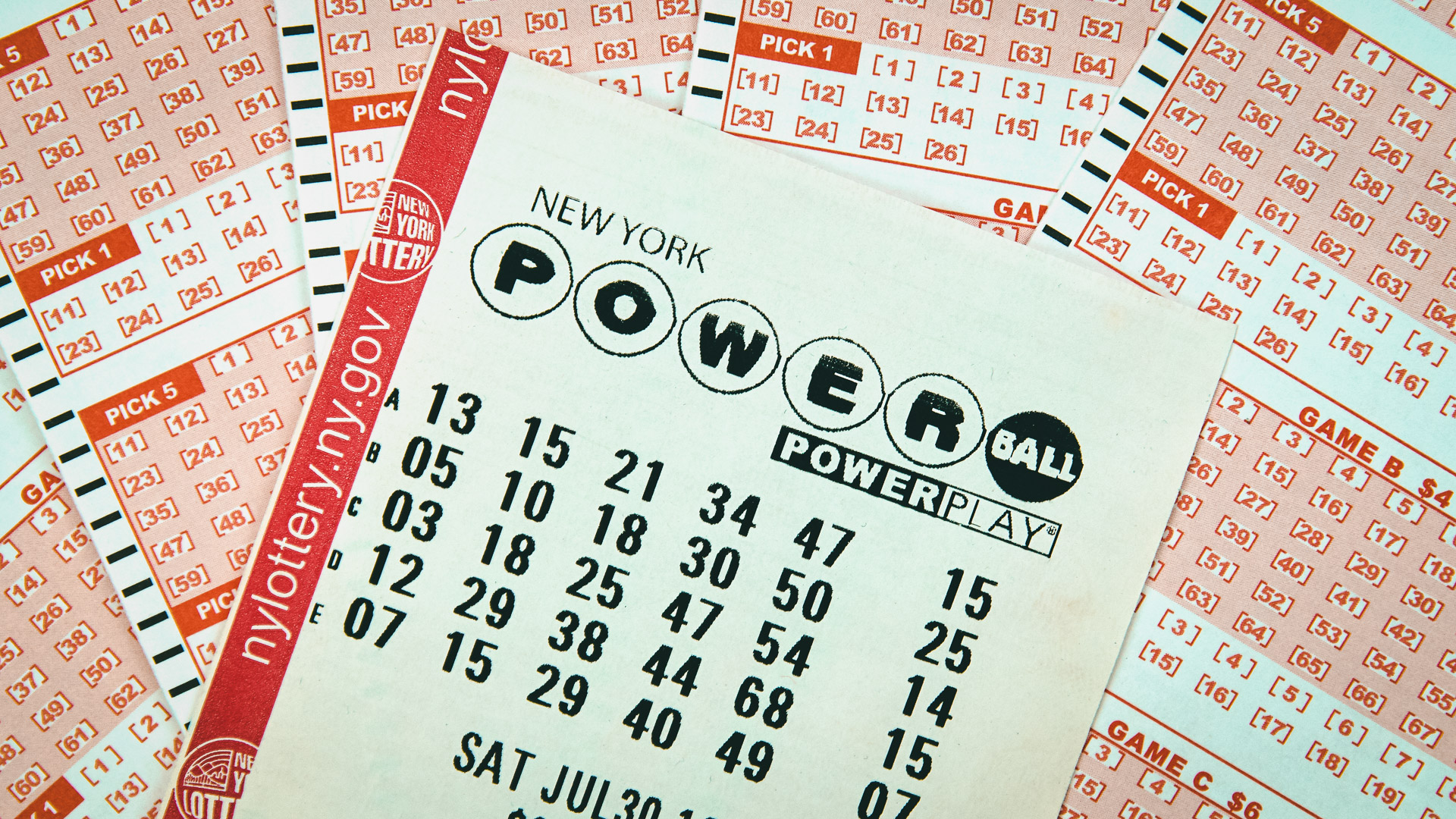Lotteries are a global phenomenon, offering the tantalizing promise of life-changing wealth to participants. However, beneath the excitement and dreams, there exists a realm of mathematical probabilities that dictate the outcomes. In this article, we will explore the fascinating world of the mathematics of sgp pools, shedding light on the probabilities of winning and the allure of the prizes at stake.
The Basics of Lottery Mathematics
- The Probability of Winning: At the heart of lottery mathematics is the probability of winning. This probability is determined by the total number of possible combinations (comprising numbers or symbols) and the specific combination required to win the jackpot. The more combinations there are, the lower the odds of winning. For example, in a standard 6/49 lottery, there are 13,983,816 possible combinations for the six numbers drawn.
- Combination vs. Permutation: Lotteries typically involve combinations, not permutations. In a combination, the order of numbers does not matter, whereas in a permutation, it does. This means that in a lottery draw, there is only one correct combination out of all possible combinations, significantly reducing the odds of winning.
- Multiple Prize Tiers: Many lotteries offer multiple prize tiers for matching different numbers or combinations. While the jackpot has the lowest odds, there are often better chances of winning smaller prizes by matching fewer numbers.
The Odds and Prizes
- Jackpot Prizes: The allure of the lottery jackpot is undeniable, but the odds are extraordinarily low. The probability of hitting the jackpot can be one in tens of millions or even more, depending on the specific lottery.
- Secondary Prizes: While the jackpot receives the most attention, secondary prizes can still be substantial. These prizes are awarded for matching some of the numbers correctly but not all. Secondary prizes often vary in value, with better odds of winning than the jackpot.
- Scratch-Off Lotteries: In scratch-off lotteries, the mathematics of probability are more straightforward. The odds of winning are determined by the total number of tickets printed and the number of winning tickets. These odds are typically disclosed on the lottery’s website or on the ticket itself.
The Appeal of Large Jackpots
Lottery organizers understand the psychological impact of large jackpots. Enormous, life-changing sums of money generate excitement and increase ticket sales. While the odds of winning such jackpots are slim, the potential for an extraordinary financial transformation is a compelling draw for players.
Balancing Probability and Entertainment
For most participants, lotteries are primarily a form of entertainment. The thrill of purchasing a ticket, checking the numbers, and momentarily indulging in dreams of wealth can be enjoyable, even if the probability of winning the jackpot is minimal.
